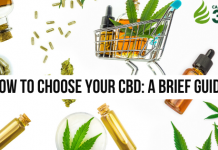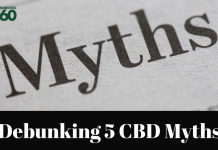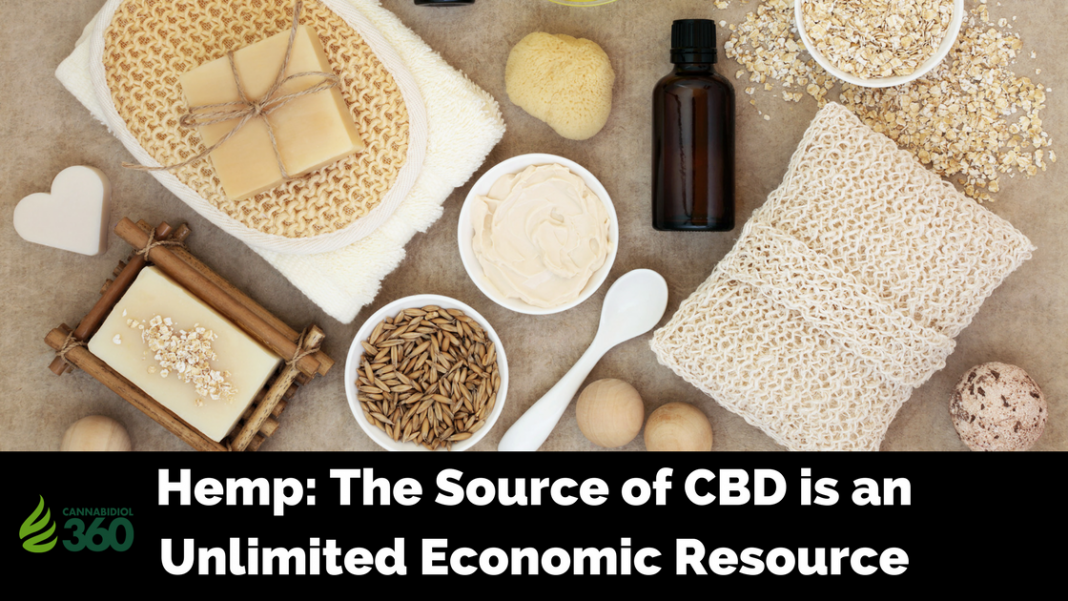
If you are ever find yourself in discussions about the hemp plant, you may also find that you or others in the conversation keep repeating a statement you may have overheard in the recent past. That statement might go like this — “hemp is the future.”
This statement is right, meaning it is not incorrect and it seems to becoming quite a theme for Industrial Hemp. This is surely a bold statement, though it is absolutely a possibility.
The hemp plant may not only be the future, but it could also be a major economic disruptor — as it is an unlimited natural resource, unlike fossil fuels.
Hemp was the first crop planted over 12,000 years ago. Hemp can make more fuel, fiber, food, plastic, and medicine than any other plant on earth. When participating in hemp cultivation there is no need to use pesticides, herbicides or any other chemicals.
State Hemp Programs
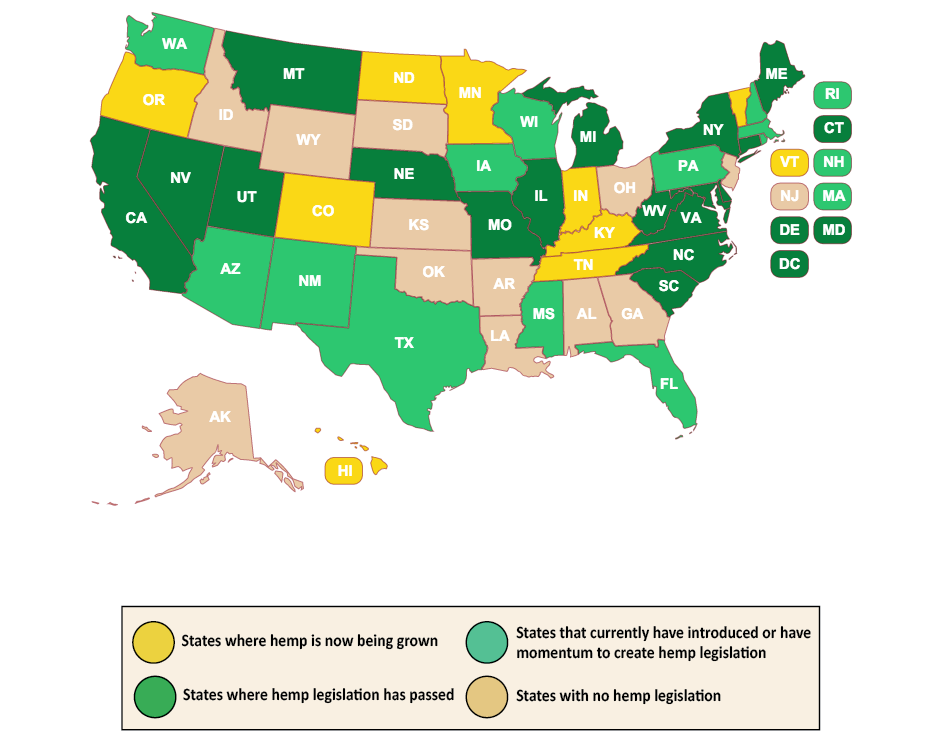
Therefore, hemp is currently being worked into 30 total U.S. State’s agricultural commerce systems. When it comes to hemp and cannabidiol (CBD), many states are beginning to see the advantage.
For example, the entire State Legislature of West Virginia all voted in favor of immediately expanding on the cultivation of their state’s industrial hemp dreams and Indiana has just passed 3 separate CBD bills, decriminalizing it.
In 2017, 38 states as well as Puerto Rico (U.S. Territory) proposed hemp legislation in some form or another. All legislative measures, from state-to-state, were all separately drafted and each design is entirely different.
The proposed bills varied from clarifying existing laws to establishing programs and new licensing requirements
At least 15 states enacted legislation in 2017 — Arkansas, Colorado, Florida, Hawaii, North Dakota, Nevada, New York, Oregon, South Carolina, Tennessee, Virginia, Washington, West Virginia, Wisconsin and Wyoming.
While, Florida, Wisconsin and Nevada authorized new research or pilot programs.
However, of course, there are always those who don’t want to think toward the future as in the case of two Governors vetoing their state’s proposed legislation in Arizona and New Mexico.
Top CBD Source
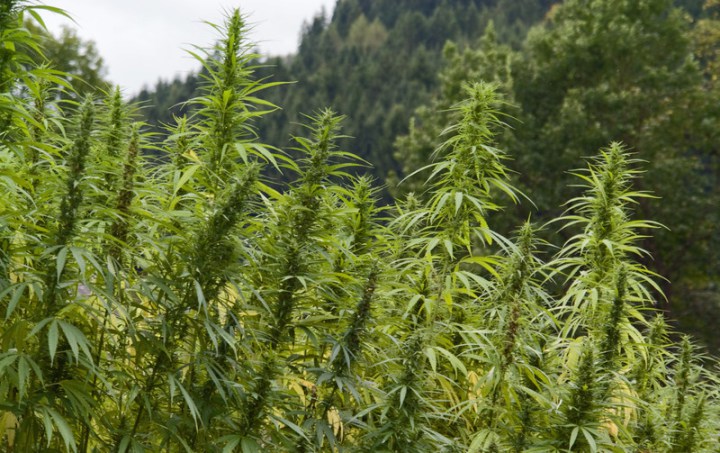
From learning about hemp facts, we know this plant is used as the primary source where CBD brands extract the cannabidiol to use for their diverse consumer product lines.
It is safe to say, hemp is swiftly becoming a centerpiece to the powerful energy behind a major economic shift.
Hemp has made a huge impact, transforming the minds of Americans nearly everywhere it wishes to travel, though some state regulations have already been drafted to help balance the rush to capitalize on the most versatile plant on the planet.
Regardless, the hemp plant has been slowly, but surely shaking up economic forces there is some new astonishing discovery entrepreneurs are realizing after manipulating the chemistry of hemp ever so lightly, usually by adding some other non-toxic, organic substance and combining the natural resources to create some type of groundbreaking alternative that’s used by humans on a day-to-day basis.
It is now seeming like the hemp industry is about to feel the pressure as an industrialized commodity that has the potential to literally become an extension of everything we use in day-to-day situations.
Day-in and day-out, we all use plastic products or items made from metal and hemp can be crafted in such a way that it could replace these products altogether, but it might be best to assume that hemp may just become another option.
Whether we are considering possessions we own, products we buy, whatever the case, researchers are manipulating every portion of the plant only to discover entirely different substances that are highly innovative — the stalks, the seeds, the flowers, and the leaves.
Modern Uses for the Hemp Plant
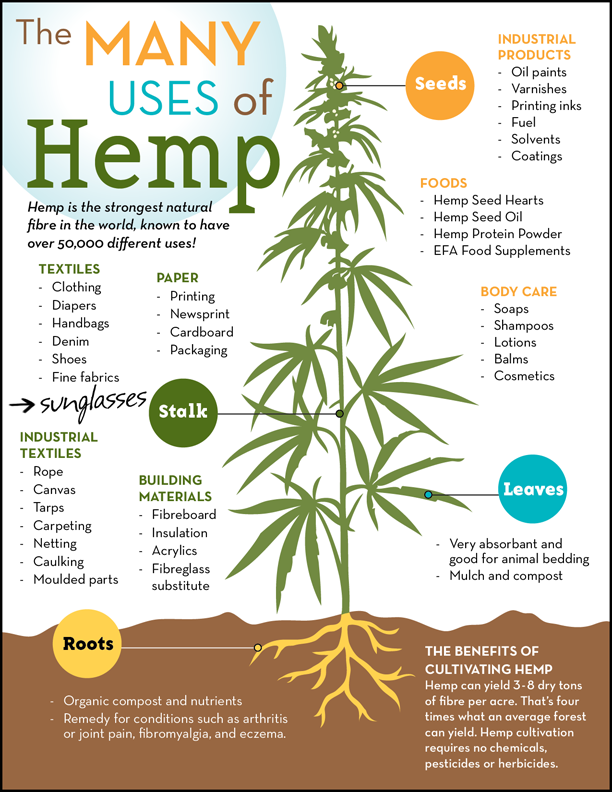
We can use the hemp plant to essentially build the future, with endless industrial uses as many new companies are forming in order to experiment with how to utilize hemp plastic as a replacement to traditional plastics — especially for the use of stronger and lighter car parts for the interior and exterior.
Currently, many major American and foreign car companies are using hemp plastic to construct car frames and pipes.
This means hemp is an acceptable replacement for iron and other metals.
Hemp can also be used for hemp fibers, shavings, seeds and cannabinoids fiber board.
Not to mention, even more positive outcomes occur as a result.
For instance, hemp can be used for paper as well as wood based products.
Thus, incorporating hemp based paper products into the social norm, then we can stop the process of chopping down trees — you know, those things that produce oxygen!
Are There Any Potential Negative Outcomes?
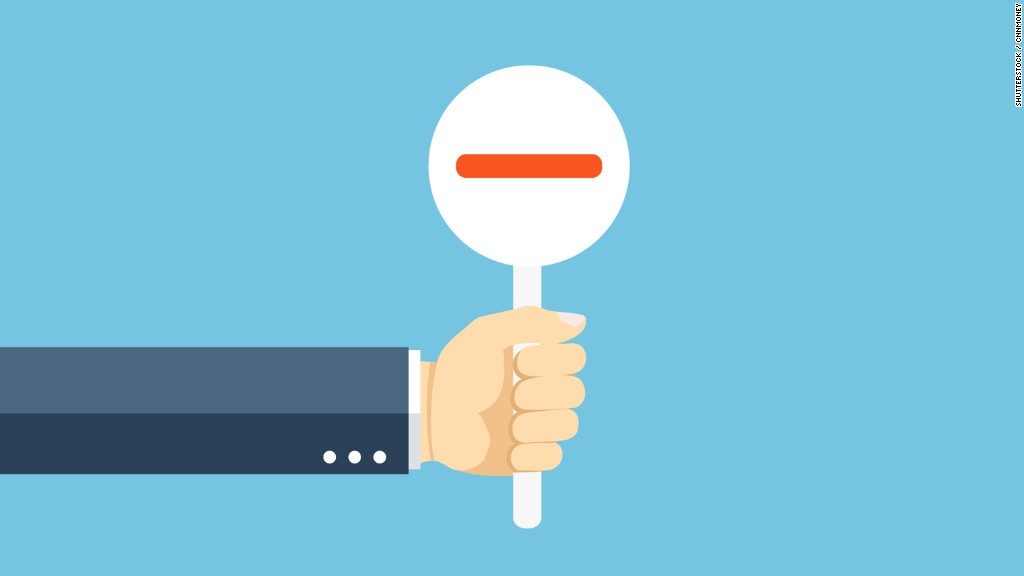
The impact of hemp on the economy could create a major shift and transitional period. It could transform industries overnight — not could, it would indeed.
This is the obvious setback and cautionary tale behind the cultivation of hemp. Industries employing millions of people, generating billions of dollars would become obsolete.
What does this mean for our economy? Then again, the government regulators will likely step in if any economic catastrophe looms over the Homeland.
The applications for hemp are far from finite. They are seemingly limitless.
The human species, aka “people” currently occupying earth, must rid one another of the negative stigma that any one individual could possibly have regarding the common misconception that hemp is the same exact thing as marijuana.
Hemp is a relative of the cannabis plant, though entirely separate and still very different.
All anyone must do to fully inform the naysayers of hemp is to educate them that Marijuana can only create intoxicating effects with high percentages of THC, in which hemp commonly consists of very low levels Of THC.
However, in hemp, the THC content is 0.3% or less — this is the federally regulated legal limit for American State Hemp Cultivation Programs.
So, hemp plants being grown on and in American soil must abide by the guidelines initiated in the federally decided Agricultural Act of 2014 (the Farm Bill).
In addition, the hemp farms must also follow all state determined regulations.
Educating the willfully ignorant, informing the youth, notifying the general public as well as delivering factual information to all the “do-gooder crusaders” advocating against hemp use and launching misinformation campaigns aimed at hemp.
Advocating for the cultivation of hemp and also educating the people is critical to engage in.
Otherwise, many will never understand just how beneficial it will be to allow their home states to adopt some basic regulatory guidelines to follow in order to promote the cultivation of the hemp plant.
Simply put, hemp is a good thing for society as a whole and rather advantageous for every and any individual personal life.
In some cases, just advising these heavy hand regulators to not suddenly contribute to returning back to the days of hemp prohibition would also be a step toward a healthier and safer future.
After all, isn’t that what most citizens want anyhow? Better safety and improved health are always high priority.
Big Picture of Cultivating Hemp
This is a turning point in the history of humankind. All the harmful things we use to manufacture goods are polluting our environments around us all and also damaging the health and wellness of countless people.
It has been reported that 93% of Americans have traces of a chemical that is a known carcinogen inside their bodies and this particular chemical exposure is due to the use of plastic products.
This is not exactly an ideal statistic Americans would want to learn.
The potential that hemp has to literally replace other harmful materials and substances or at least decrease any associated risk factors reveals immense opportunity for entrepreneurs, corporate interests, biotech enthusiasts and so many more.
For instance, the situation revolving around the end of hemp prohibition creates vast potential for professionals that are either business-minded or health-conscious.
Not to mention, of course, these farming developments are even more desirable for consumers who can expect to see an explosion of hemp-based products sold in retail stores and ecommerce sites sooner than later.
Basically, right now this is happening.
Lastly, have you heard the news? Any guess? Well, I overheard this one statement the other day and I can’t seem to shake it from the forefront of my mind. It was something like…
“Hemp is the future!”




